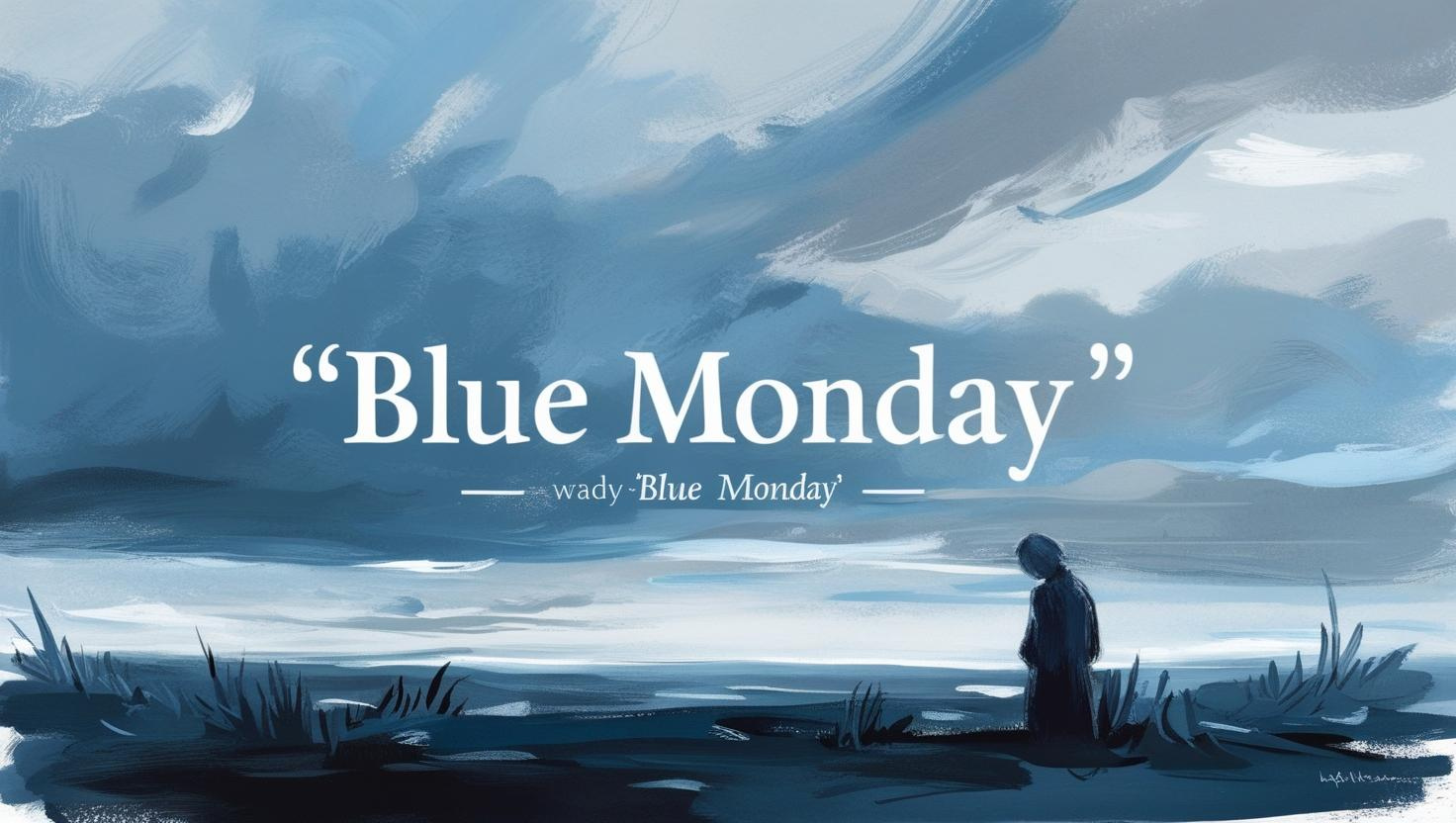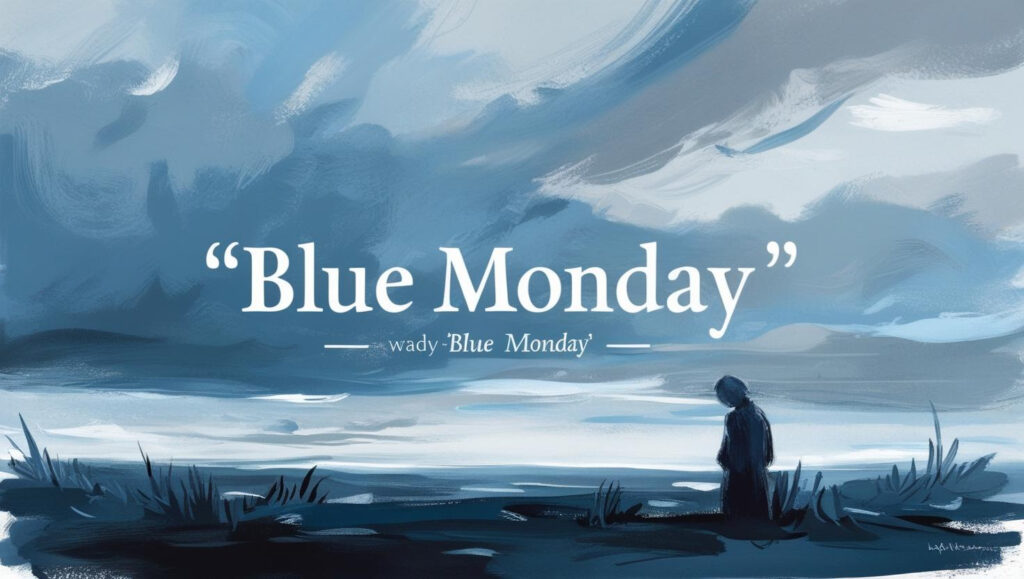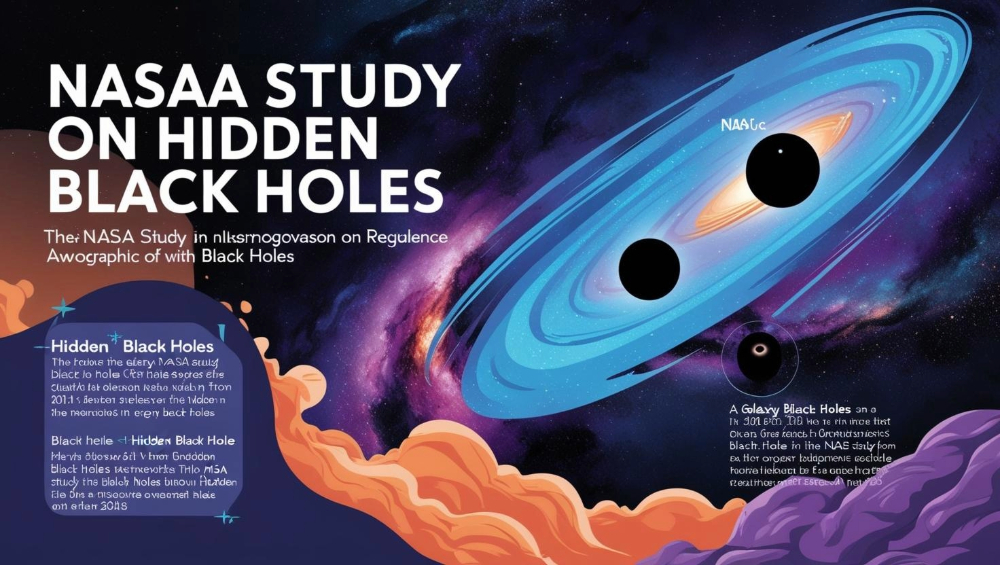January 20, 2025, is being dubbed “Blue Monday” – but not because it’s National Cheese Lover’s Day (though that might make it a gouda day for some). And no, it’s not because it’s Presidential Inauguration Day, which could be a happy or unhappy occasion depending on your political views. So, why is it called “Blue Monday”? Let’s dive into the story behind this so-called “most depressing day of the year” and uncover the truth.
The Origins of Blue Monday: A Marketing Gimmick
Back in 2005, a U.K. travel company called Sky Travel teamed up with psychologist Cliff Arnall to create a “scientific formula” for depression. The formula looked something like this:
[W+(D-d)] x TQ ÷ M x NA.
Confused? You’re not alone. Here’s what the letters supposedly stand for:
- W = Weather
- D = Debt
- d = Monthly salary
- T = Time since Christmas
- Q = Time since failing to quit a bad habit
- M = Low motivation
- NA = Need to take action
While the formula might look impressive at first glance, there’s no real scientific evidence to back it up. In fact, the whole concept of “Blue Monday” was more about marketing than mental health. Sky Travel, a travel company (not a research institute), wanted to convince people that the third Monday of January was the most depressing day of the year – and what better way to combat that than by booking a vacation?
But here’s the kicker: Sky Travel shut down in 2010, leaving behind the legacy of “Blue Monday” as a clever marketing ploy rather than a scientifically proven phenomenon.
The Problem with Labeling a Day as “The Worst”
While the idea of “Blue Monday” might seem harmless, it can actually do more harm than good. Here’s why:
- Self-Fulfilling Prophecy: If you’re told January 20 will be the most depressing day, you might unconsciously feel worse – even if nothing bad happens.
- Oversimplification: Emotions like depression and anxiety are complex and can’t be reduced to a single day.
- Unrealistic Expectations: If January 20 is supposed to be the worst day, what happens if you feel even worse on January 21 or 22?
The truth is, no single day is universally good or bad for everyone. Life is unpredictable, and emotions don’t follow a calendar.
Why January Can Feel Tough (And It’s Not Just One Day)
While “Blue Monday” might be a myth, there are real reasons why January can feel challenging for many people:
- Cold Weather: In the Northern Hemisphere, January is often freezing, making it harder to enjoy outdoor activities.
- Short Days: Less sunlight can disrupt your sleep and mood, thanks to changes in melatonin levels.
- Post-Holiday Blues: After the excitement of December holidays, January can feel like a letdown.
- New Year’s Resolutions: The pressure to set and achieve goals can lead to stress and disappointment if things don’t go as planned.
These factors contribute to Seasonal Affective Disorder (SAD), a type of depression that affects about 5% of adults in the U.S. during the winter months. But even if you don’t have SAD, the “winter blues” are a real thing for many people.
How to Beat the Winter Blues
Instead of worrying about “Blue Monday,” focus on self-care throughout January (and beyond). Here are some tips to boost your mood:
- Get Sunlight: Spend time outdoors, even if it’s just for a few minutes.
- Stay Active: Regular exercise can improve your mood and energy levels.
- Eat Well: A balanced diet can help stabilize your emotions.
- Connect with Others: Social support is crucial for mental health.
- Seek Help if Needed: Don’t hesitate to reach out to a therapist or counselor if you’re struggling.
Remember, life is unpredictable. Just because things feel tough now doesn’t mean they’ll stay that way. Every day brings new opportunities for joy and growth.
The Silver Lining of “Blue Monday”
While the concept of “Blue Monday” might be flawed, it does have one positive side: it raises awareness about mental health. January can be a tough month for many people, and it’s important to prioritize self-care and seek help if needed.
So, whether you’re celebrating National Cheese Lover’s Day, enjoying the Presidential Inauguration, or just trying to survive the winter, remember: no single day defines your year. Life is full of ups and downs, and every day is a chance to turn things around.
Key Takeaways
- “Blue Monday” was created as a marketing gimmick by a travel company in 2005.
- There’s no scientific evidence to support the idea that one day is universally depressing.
- January can be tough due to cold weather, short days, and post-holiday blues.
- Focus on self-care and seek professional help if you’re struggling with your mental health.
Let’s leave “Blue Monday” in the past where it belongs and focus on making every day a little brighter. 🌟





